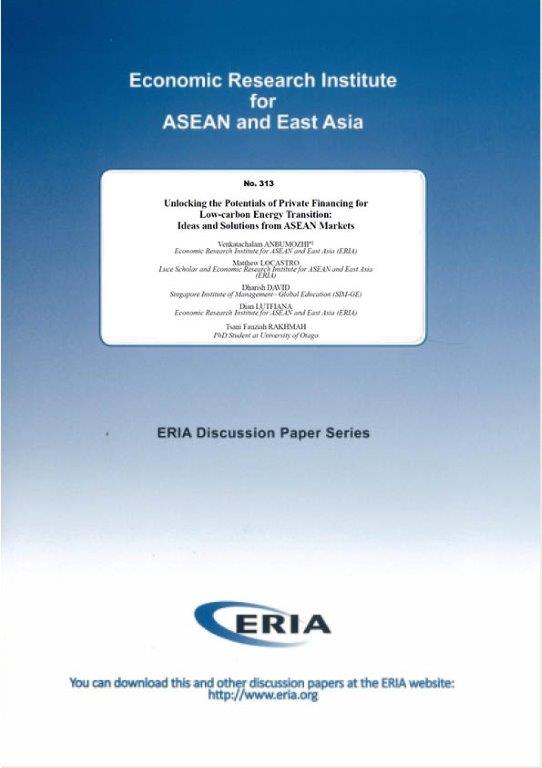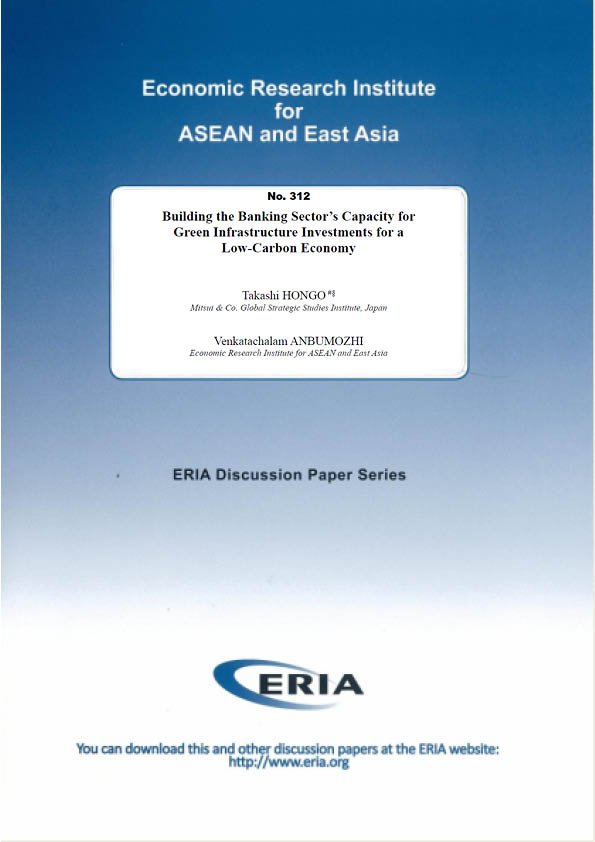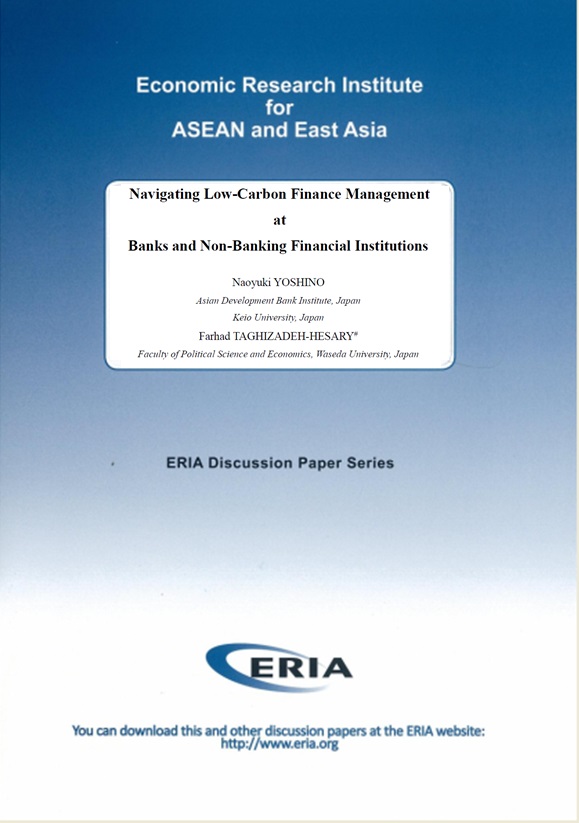Unlocking the Potential of Private Financing for Low-carbon Energy Transition: Ideas and Solutions from ASEAN Markets

Date:
29 January 2020Category:
ASEAN, Energy, Finance and MacroeconomyType:
Discussion PapersTags:
Paris Agreement, Low-carbon Technology, private sector, Regional Integration, innovative financingPrint Article:
Under the Paris Agreement in 2015, the opportunities for the ASEAN Member States (AMS) to maximise low-carbon energy sources to achieve the Nationally Determined Contributions (NDC) target in reducing carbon emission levels have expanded. In order to move towards a low-carbon energy transition, private sector actors must work together with governments to implement strategies to invest in the low-carbon economy. However, major barriers such as insufficient enabling policy environment, availability of technologies and access to funding somehow impede the implementation. It is believed that unlocking the potentials of private sector would accelerate the transition of low-carbon energy. This paper, based on a market survey, which aimed to identify barriers and risks that private sectors face in accelerating the low-carbon investments. The survey respondents are divided into two categories, Lenders and Borrowers. Analysing 110 total respondents helped to identify the perceived and actual barriers as well as risks underlying to the access to financing and generated potential solution for policymakers to overcome these barriers. The survey results indicate that the main obstacles faced by private sectors are incoherent policies that created a high-risk environment for investment, a lack of access to de-risking mechanisms, and insufficient capacity to communicate the opportunities amongst financial institutions and project developers. To bare these risks, this paper suggests four interdependent solutions – establishment of a low-carbon transition fund, government warranty programme, broadening of de-risking mechanisms, and capacity building programme to accelerate the low-carbon energy transition across ASEAN.




